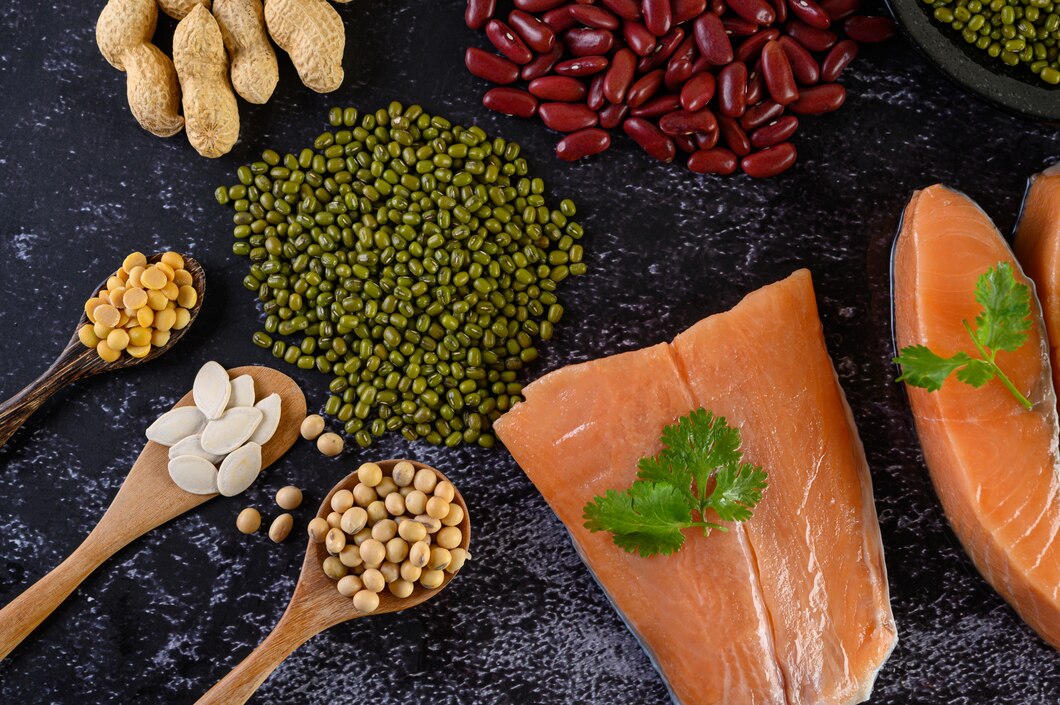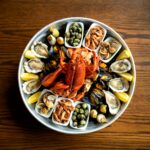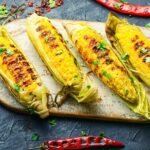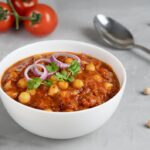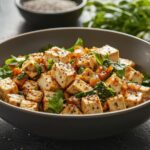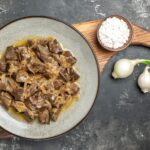Celiac disease is an autoimmune disorder that occurs when the body reacts negatively to gluten, a protein found in wheat, barley, and rye. People with celiac disease must follow a strict gluten-free diet to prevent damage to the small intestine and improve their overall health. Luckily, many nutritious and delicious foods are naturally gluten-free and safe to enjoy. Here are 20 foods South Africans should eat if they have celiac disease.
1. Quinoa
Quinoa is a gluten-free grain substitute that’s rich in protein, fiber, and essential amino acids. It’s versatile and can be used in salads, as a side dish, or even for breakfast as a porridge.
2. Sweet Potatoes
Sweet potatoes are naturally gluten-free and packed with fiber, vitamins A and C, and antioxidants. They are a great carbohydrate alternative to gluten-containing grains.
3. Maize (Corn)
Corn is a staple in South African cuisine and is naturally gluten-free. Cornmeal, popcorn, and maize-based dishes like pap are excellent gluten-free options for celiac sufferers.
4. Brown Rice
Brown rice is a whole grain that is naturally gluten-free. It is rich in fiber, B vitamins, and minerals like magnesium, making it a healthy alternative to wheat-based grains.
5. Amaranth
Amaranth is a lesser-known gluten-free grain that’s rich in protein, fiber, and iron. It has a nutty flavor and can be used in porridges, soups, or as a side dish.
6. Lentils
Lentils are gluten-free legumes that are high in protein, fiber, and iron. They are a great plant-based protein source and can be used in soups, stews, or salads.
7. Chickpeas
Chickpeas are a versatile, gluten-free legume rich in protein, fiber, and healthy fats. Whether roasted for a snack, blended into hummus, or used in salads, chickpeas are a nutritious option.
8. Fish (Salmon, Sardines, Mackerel)
Fish is naturally gluten-free and a great source of protein and omega-3 fatty acids. Fatty fish like salmon and sardines provide anti-inflammatory benefits and support heart and brain health.
9. Eggs
Eggs are a nutrient-dense, gluten-free protein source. They provide essential vitamins like B12 and choline, which are important for brain health and energy production.
10. Almonds
Almonds are naturally gluten-free and rich in healthy fats, protein, and vitamin E. They can be eaten raw, roasted, or ground into almond flour for gluten-free baking.
11. Pumpkin Seeds
Pumpkin seeds are a gluten-free snack packed with magnesium, zinc, and healthy fats. They can be added to salads, smoothies, or enjoyed on their own as a crunchy snack.
12. Spinach
Spinach is a nutrient-dense, gluten-free leafy green packed with iron, magnesium, and vitamins A, C, and K. It can be added to salads, smoothies, or cooked into various dishes.
13. Avocados
Avocados are rich in healthy fats, fiber, and potassium, making them an excellent gluten-free food choice. They support heart health and can be added to salads, smoothies, or eaten on toast with gluten-free bread.
14. Berries (Blueberries, Strawberries)
Berries are naturally gluten-free and full of antioxidants, fiber, and vitamins. They make for a delicious and healthy snack or addition to smoothies and desserts.
15. Gluten-Free Oats
While regular oats may be cross-contaminated with gluten, gluten-free oats are safe for people with celiac disease. They are high in fiber and make for a nutritious breakfast or baking ingredient.
16. Potatoes
Potatoes are naturally gluten-free and a versatile carbohydrate source. They provide potassium, vitamin C, and fiber and can be baked, boiled, or roasted.
17. Bananas
Bananas are a gluten-free fruit rich in potassium, which helps regulate fluid balance and supports muscle function. They make for a convenient and nutritious snack.
18. Coconut
Coconut is naturally gluten-free and can be used in a variety of forms—coconut milk, flour, or oil. Coconut is rich in healthy fats and adds flavor and texture to gluten-free dishes.
19. Greek Yogurt
Plain Greek yogurt is gluten-free and packed with probiotics, protein, and calcium. It supports digestive health and can be eaten on its own or mixed with gluten-free granola and fruits.
20. Butternut Squash
Butternut squash is a gluten-free vegetable rich in fiber, vitamins A and C, and antioxidants. It can be roasted, mashed, or added to soups and stews for a comforting meal.
For people with celiac disease, managing a gluten-free diet doesn’t have to be restrictive. With a variety of naturally gluten-free foods like quinoa, maize, and lentils, as well as nutrient-packed vegetables, fruits, and proteins, it’s possible to enjoy a diverse and satisfying diet. South Africans with celiac disease can thrive by incorporating these healthy, gluten-free options into their daily meals, ensuring both nutritional balance and enjoyment. Always check for gluten cross-contamination when buying packaged products to avoid unintentional gluten exposure.
